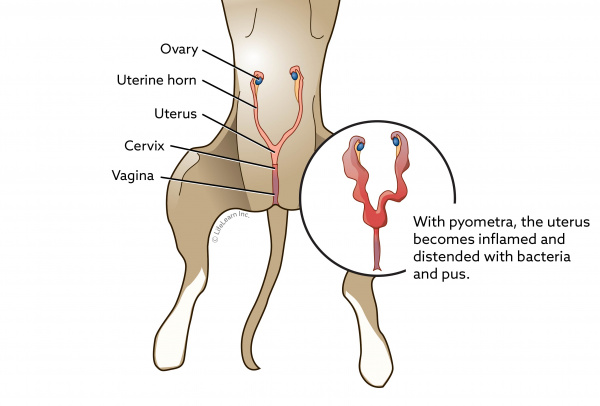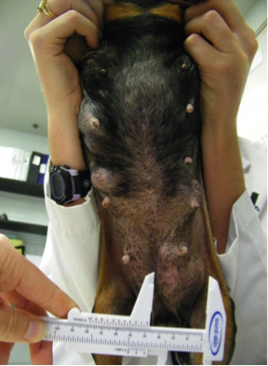
Are you the proud new owner of a new puppy, kitten or rescued friend?
 One of the most important health decisions you will have to make for your new family member is to desex them. The team at Gisborne Veterinary Clinic highly recommends desexing (castration or speying). The procedures for both male and female animals is completed under general anaesthetic by our highly skilled team members of the nursing and veterinarian crew and it involves the removal of part of a pet’s reproductive system. Desexing of females (also known as speying) involves removing the ovaries and uterus (ovariohysterectomy). Desexing of males (also known as castration or neutering) involves the removal of both testicles.
One of the most important health decisions you will have to make for your new family member is to desex them. The team at Gisborne Veterinary Clinic highly recommends desexing (castration or speying). The procedures for both male and female animals is completed under general anaesthetic by our highly skilled team members of the nursing and veterinarian crew and it involves the removal of part of a pet’s reproductive system. Desexing of females (also known as speying) involves removing the ovaries and uterus (ovariohysterectomy). Desexing of males (also known as castration or neutering) involves the removal of both testicles.
The age at which your pet should be desexed can vary between breeds. As a guideline, cats and smaller breeds of dogs are more frequently desexed at around six months of age whilst the larger dog breeds are desexed when they attain their full bone growth. Desexing your pet can be discussed with your veterinarian at any time, or even at your booster vaccinations which are completed prior to 6 months of age.
If you have adopted an older pet that is still entire (not desexed), a full health check-up should be completed prior to any surgical procedures.
What are the benefits of desexing?
The main health concerns that can occur with females are uterine infections and mammary tumours.
These potential Infections in the uterus are called pyometra. Performing an ovariohysterectomy will remove the uterus and then the development of pyometra will no longer be able to happen.

 Mammary tumours can still occur in any animal but entire females are at a much higher risk of development. Desexing your pet will decrease the risk of mammary tumours significantly.
Mammary tumours can still occur in any animal but entire females are at a much higher risk of development. Desexing your pet will decrease the risk of mammary tumours significantly.
Speying your dog or cat will also help prevent unwanted litters.
Desexing your male pet will help alleviate the occurrence of testicular and prostate growths and cancers. It will also lower the chances that he will go out wandering looking for a mate. Some dogs have been known to break down fences to get to a female on heat!

Some people will ask if it it beneficial for their female cat or dog to have a litter prior to being desexed- It is no benefit for the pet to have a litter before being desexed. If you are considering breeding, schedule an appointment with our vets to discuss what is involved with pregnancy in animals and what signs to look out for if your pet is having trouble giving birth (see related article: https://gisbornevets.com.au/pet-health-resources/pet-health-articles/articles/?rid=11414 )
If you would like any more information regarding desexing of your pet, please contact us at the clinic on (03) 54282805.



I just received a really cute puppy for my birthday last month and my mom is already urging me to do a pet desexing procedure for her. Thanks for the information that will really help reduce uterine infections and breast tumors in female animals. I hope to talk with a vet on how I can go about this soon.
Thankyou for the feedback Claire. Our staff are more than happy to discuss the procedure in further detail if needed, and we can book you in when you rae ready.
It’s nice that you pointed out how male pet desexing would help alleviate the occurrence of testicular and prostate growths and cancers. I was reading a pet owner’s magazine earlier and learned quite a bit about pet desexing. It seems quite important to perform that procedure, so maybe we should get our pet dog castrated soon.
We have a cat thats about 2 years old. Can we still get him desexed..
Yes, Alice. Cats can be desexed at any age. We would also advise having a consultation with a check up prior to having a procedure completed.